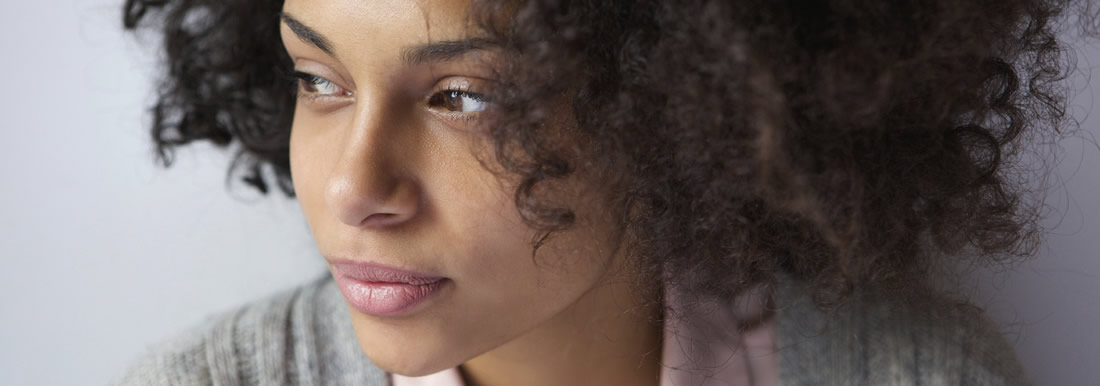New Research Study Finds Higher Rates of Candida Rather Than Bacteria During IC Flares
One of the biggest challenges that both patients and physicians struggle with are the sudden, often unpredictable, flares which occur in most IC patients. Why do they occur? How do they occur? Are bacteria involved? Are they caused by eating the wrong foods? Over the past three decades, patients have shared many stories of flares that have occurred after eating meals, traveling, periods of high stress and so forth. The MAPP Research Network has released new research suggesting that fungal candida infection may also be involved.
Ironically, as I sit here, I’m waiting for a doctors appointment this afternoon to check for candida. I had a wicked flare two days ago that had my bladder symptoms raging and my frequency off the charts. Yet there was a subtle undercurrent in my symptoms: irritation in my vaginal area when I was sitting and a sensation of tender skin abraded by sandpaper that I have always associated with a yeast infection.
Yeast infections have been a part of my life as long, if not longer, than my IC. If I were to hazard a guess, I’d say that I’ve had atleast ten really significant infections in the past 30 years or so. My last occurred after the use of some long term antibiotics and the gift of heated chair cushion. The resulting Candida glabrata infection was not only massive in scale but resistant to most treatments. My doctor suggested every OTC product available (Monistat, Gyne-Lotrimin, etc.), including old school gentian violet treatments that painted my tender bits purple. We eventually won the battle with several long-term courses of Diflucan treatment along with a significant modification of my diet to remove sugars.
But, even back then, when my yeast flared so did my IC symptoms. I’ve said many a time that yeast infections caused far more bladder pain than a typical IC flare and, this weekend, that proved true again. My bladder was on fire.
Dr. Curtis Nickel and colleagues in the MAPP Research Network have been studying “flares” for the past couple of years. This month they released their first study of the microbiota (bacteria & fungi) found in the urine of IC patients. Interestingly, the data did NOT find significant fluctuations of bacteria during flares but it did show higher levels of fungi were often found, specifically Candida and Saccharomyces. They determined that “women who reported a flare remained 8 times more likely to have fungi present than those who did not report flares,” specifically referring to urine obtained directly from the bladder in a clean catch specimen rather than a normal void.
“Women who reported a flare remained 8 times more likely to have fungi present than those who did not report flares” – Mapp Research Network
What You Can Do
While this data is preliminary, they make some important points worth considering. Standard urine cultures do NOT detect fungal infections. Could this be a missing link for the cause of many flares? If an additional study supports these early MAPP Network findings, patients with flares may soon be tested for fungal infections and, if necessary, treated with anti-fungals.
#1 – Testing For Yeast – It’s much too soon to make any blanket statements about treating flares with anti-candida medication but I think you should familiarize yourself with other symptoms of fungal infection. If you do notice a correlation (i.e. vaginal itching, discharge etc.) along with your bladder symptoms, there’s no harm in asking your physician to do a swab to rule it out or to ask for Next Generation Urine Testing. Here are two links that can help you learn more about the symptoms of candida.
#2 – Consider a Probiotic – Fungi are naturally controlled through the good bacteria in the gut. When these bacteria are disrupted through the use of antibiotics, fungi can thrive. Using a daily probiotic can help restore and maintain a healthy gut biome. There are many brands on the market but we like Culturelle and Solgar’s Advanced Acidophilus!
#3 – Be modest in your consumption of sugars – Yeast feed on simple sugars. One clear risk factor is the consumption of foods high in sugars and carbohydrates which, sadly, many IC’ers lean to for comfort foods. Whether it be breads or popcorn, carrots or ice cream, look at your overall ratio of foods. Are you eating more carbs than proteins or fats? Check out the new dietary guidelines issued by the US Dept. of Health. In today’s sugar and carbo saturated diet, this is something that we all struggle with.
Reference
- Nickel JC, et al. Assessment of the Lower Urinary Tract Microbiota during Symptom Flare in Women with Urologic Chronic Pelvic Pain Syndrome: A MAPP Network Study. J Urol. 2016 Feb;195(2):356-62
About the Mapp Research Network
Founded in 2008, The MAPP Research Network has conducted the bulk of federally funded IC and chronic prostatitis research in recent years. They embrace a systemic—or whole-body—approach in the study of Urologic Chronic Pelvic Pain Syndrome (UCPPS). In addition to moving beyond traditional bladder- and prostate-specific research directions, MAPP Network scientists are investigating potential relationships between UCPPS and other chronic conditions that are sometimes seen in IC/PBS and CP/CPPS patients, such as irritable bowel syndrome, fibromyalgia, and chronic fatigue syndrome.

